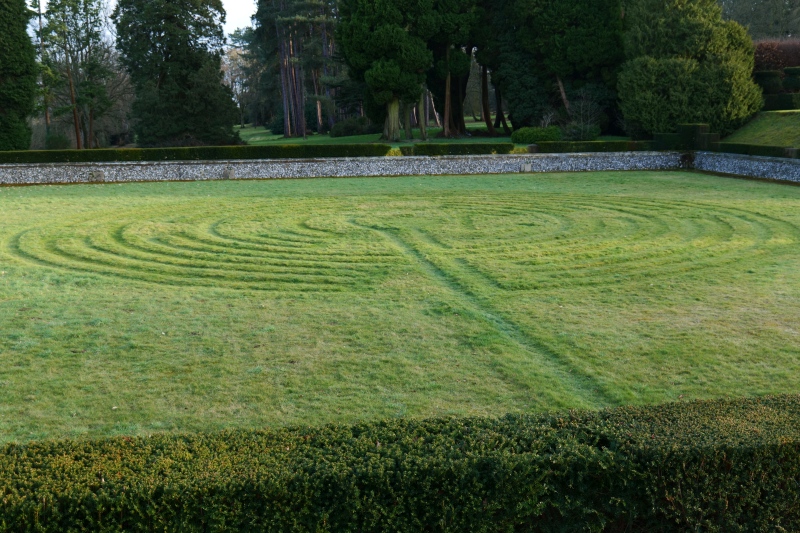A perfectionist mind will read “trial and error” as the need to reach the perfect result and seek to avoid failure along the way.
A learning mind will read “trial and error” as life. They’ll see life as a self-correcting mechanism. Not only towards a destination or result, or evolution. But also, as an existential reality that one is constantly confronted with.
A toddler doesn’t think about it. He sees other’s walk and wants to gain the same ability they have. He doesn’t care how he walks. He just wants to be able to walk. Any movement and effort towards this goal is a learning experience. Happy that he stood up, sensing his balance, sensing the limits of his balance, the disappointment of losing it, the ability to get up again, experiencing his evolution. It’s only much later that children may start to think about how they walk, or how they stand. That’s when they care more about the perfection and status they have than about their ability. They have become subject to social pressure.
With a perfectionist’s mind, one could also see the toddler’s learning mainly as one of perseverance, determination, or perfection in the effort. One that is only about the ability to overcome failure.
Mindset shapes the story people tell themselves and the experience they create.
The first step to noticing one’s mindset is to realize that one’s experience depends on how true one believes it to be. Once it becomes possible to doubt one’s own truth, there is a possibility to wonder about the truth that may be applied. That’s when mindset becomes shapeable.


